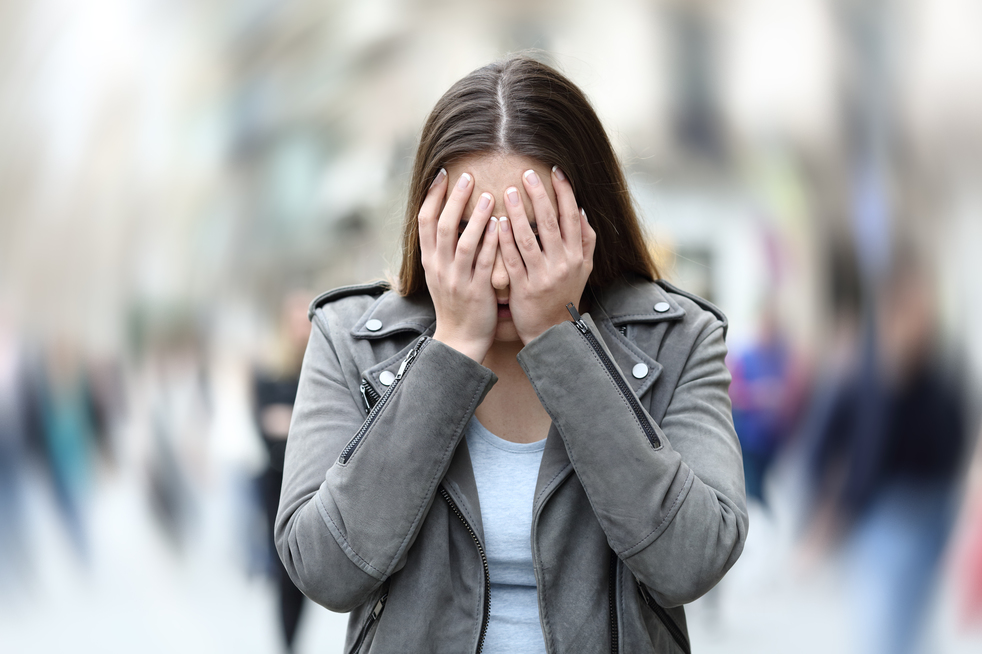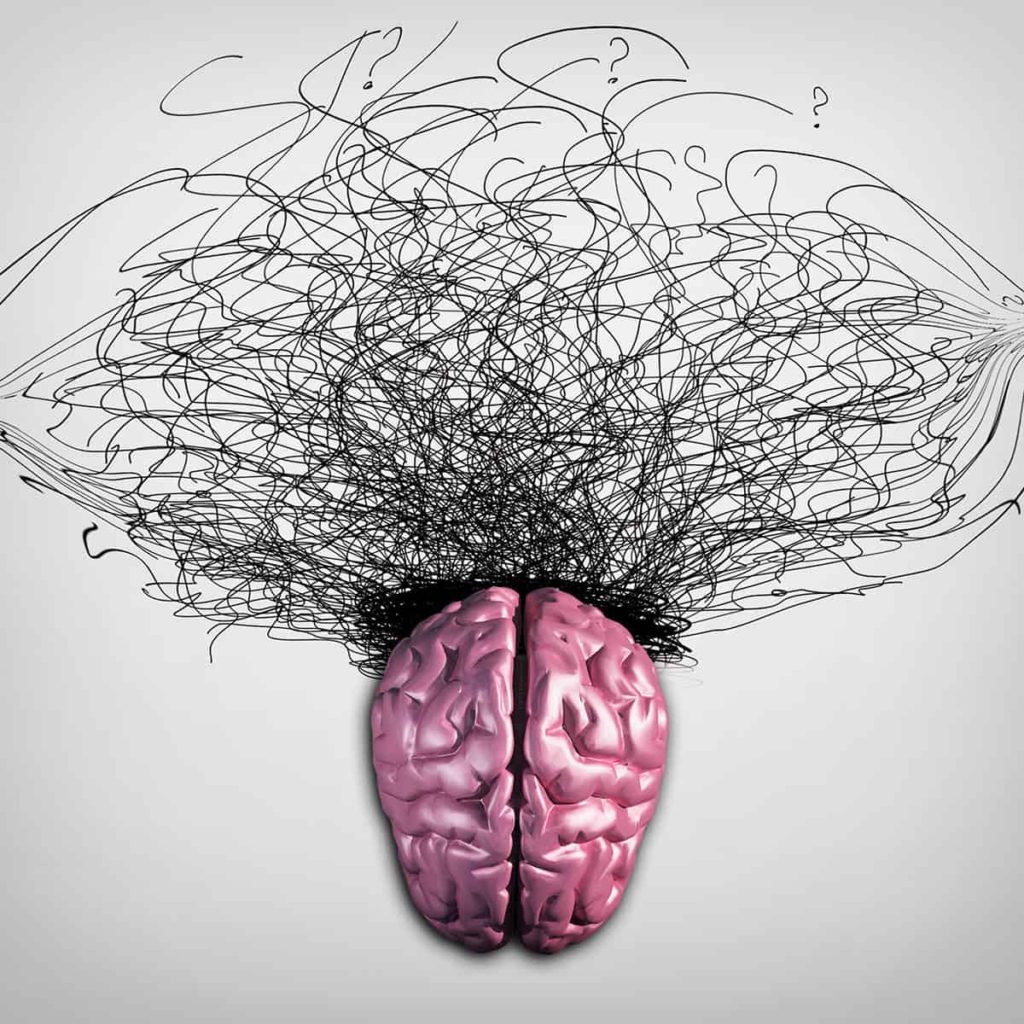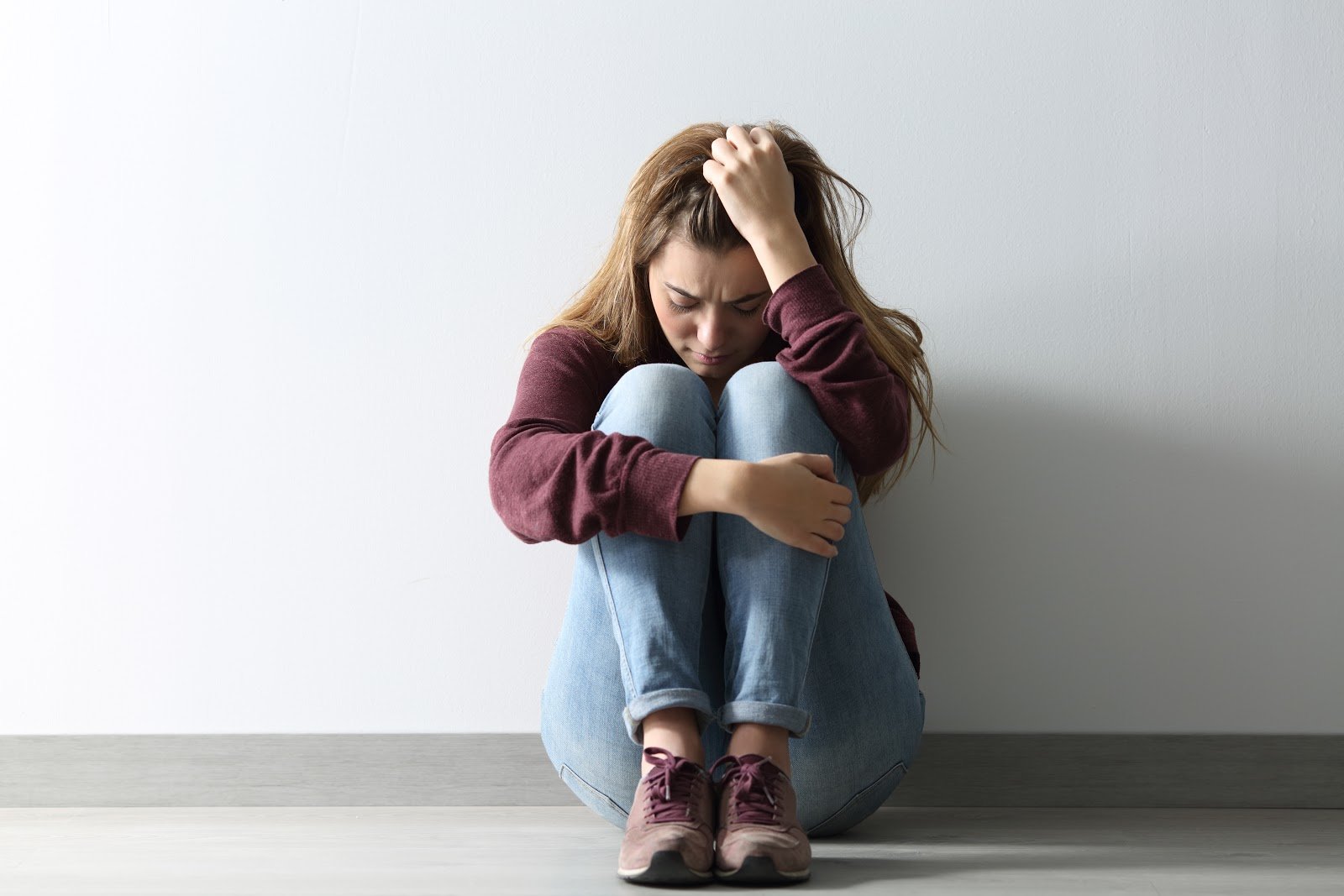Being anxious is a normal response of the body especially when it is faced with threats and stress. When anxiety becomes a constant part of your life, then you may have an anxiety-related problem. Treating such problems will need you to be able to clear your mind and deal with your stressor.
Anxiety
Anxiety is commonly felt when the brain reacts to the stressors and threats that a person is facing. Everyday, we are facing different challenges whether at home, school, and even at work. Feeling anxious every now and then is common but when you started to notice that you are feeling more anxious than usual and it is affecting your daily tasks then, you may need to consider consulting a psychiatrist.
Here are some of the most common Anxiety Disorders and their associated signs and symptoms:

- Generalized anxiety disorder (GAD) – symptoms occurs for more than 6 months. A person with general anxiety disorder feels excessively anxious most of the day. Most of the anxiety attacks caused by GAD is triggered by any work or relationship problems, health problems and any unexpected life occurrence that may not be ideal for a person. Some patients constantly feel anxious all day even without the presence of such triggers. Symptoms of GAD includes feelings of restlessness, easily fatigued even by simple tasks, have difficulty concentrating on tasks, being irritable more than usual, noticeable muscle tension when having an anxiety attack, unable to control feelings of worry and fear, sleeping problems such as difficulty falling or staying asleep and having an unsatisfying sleep.
- Panic Disorder – this is one of the most common anxiety disorders and is often seen in movies. When a person is having an anxiety attack, it causes a person to feel muscle tension, palpitations, chest pain and increased sweating. People often mistake panic attacks for heart attacks and sometimes, choking. The panic attack is often caused by a fear on an object or a situation. Identifying its triggers is helpful in preventing future panic attacks. Other symptoms that a person who has panic disorders experience shortness of breath, feelings of impending doom, and feelings of being out of control.
- Phobia – It refers to a certain fear on a specific object or situation. When a person is faced with this trigger, they feel intense fear that is out of proportion. The most common trigger is the fear of heights. People with phobia also experiences excessive worry or irrational fear of an object or situation, tries their best to avoid the feared object or situations, when exposed to the trigger, they feel an immediate intense level of anxiety and some may be able to endure the unavoidable situation or object but with an intense anxiety.
Mindfulness and Anxiety

Mindfulness is a common go-to for people who wants to relieve their everyday stress. Mindfulness is the basic human ability to be fully present, aware of where we are and what we’re doing and not overly reactive or overwhelmed with what’s going on around us. It is a type of meditation that you can do anywhere for a short period of time. There are many testaments to the beneficial effects of mindfulness, but little is known about its unwanted effects.
In recent studies, it was said that out of many people who practice mindfulness, about 12 percent of them experience unwanted effects. This is true especially in the case of people who suffers from anxiety and depression. Mindfulness can aggravate the anxiety and depression that they are feeling. Some people who meditate often lose control of their feelings of fear, anxiety or panic because they are desperate to go out of their current situation. In their attempt to control these unwanted thoughts and feelings, they become even more counterproductive and actually ends up causing them to overthink more.
Mindfulness is often misunderstood because of its claim that it can actually control one’s thought and feelings. Many people take it the wrong way and ends up causing themselves further distress. Mindfulness, if done the right way, can enhance one’s psychological capacity and flexibility making you acknowledge these thoughts and feelings and take action based on your personal values. Still, mindfulness is a good tool in overcoming an anxiety disorder as long as it is done correctly.
